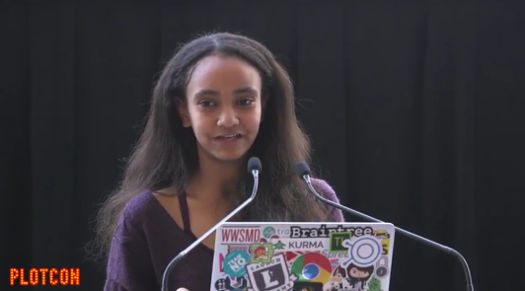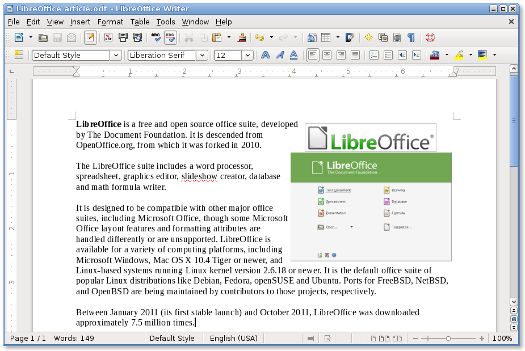Much open source software is being developed to help improve conditions throughout the world, such as this software developed by CURE International.
The Screening Room
When open source software is used for global health and global relief work, its benefits shine bright. The benefits of open source become very clear when human health and human lives are on the line. In this YouTube video, hear Harrisburg, Pennsylvania software developer Joel Worrall explain about HospitalRun software – open source cloud-based software used at developing world healthcare facilities.
For the past 10 years, Phil has been working at a public library in the Washington D.C.-area, helping youth and adults use the 28 public Linux stations the library offers seven days a week. He also writes for MAKE magazine, Opensource.com and TechSoup Libraries. Suggest videos by contacting Phil on Twitter or at pshapiro@his.com.
















 I have the Chrome web browser running full-screen on my Ubuntu desktop. Not Chromium, but proprietary Chrome — because it suits my needs better than open source Chromium. I also like Chrome better than Firefox, and I say this after using only Firefox for a week and trying hard to like it.
I have the Chrome web browser running full-screen on my Ubuntu desktop. Not Chromium, but proprietary Chrome — because it suits my needs better than open source Chromium. I also like Chrome better than Firefox, and I say this after using only Firefox for a week and trying hard to like it. 
